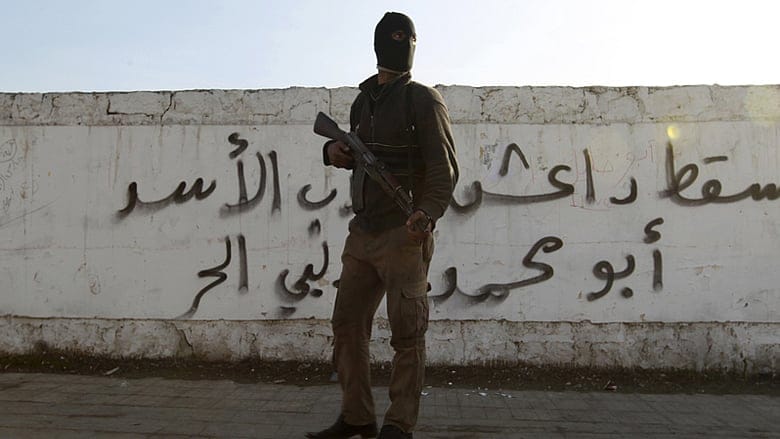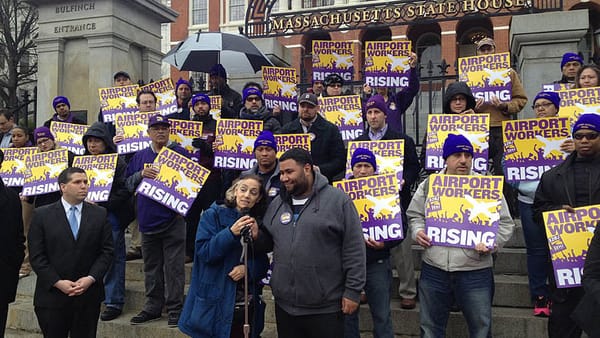French woman escapes ISIS to tell about its horrors

PARIS, FRANCE – Sophie Kasiki, one of the few Western women to have seen the Islamic State group's harsh "caliphate" in Syria and escaped, recounts her life in the jihadists' stronghold Raqqa with detached calm and inner rage.
Born to a Catholic family in Cameroon and living in Paris since the age of 9, she converted to Islam as an adult. She traveled with her 4-year-old son to Syria in February 2015, to join three friends who had left for jihad a few months before.

